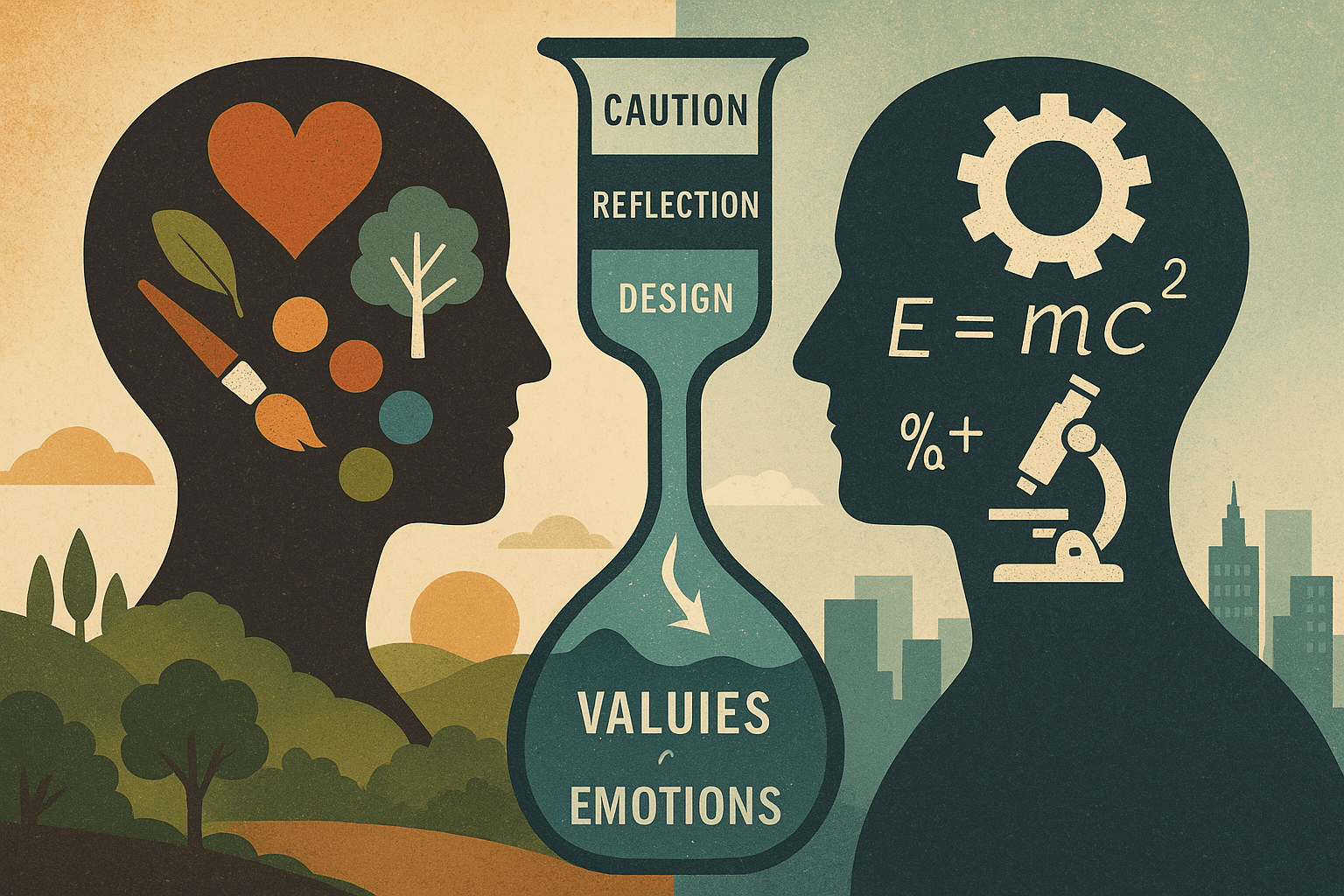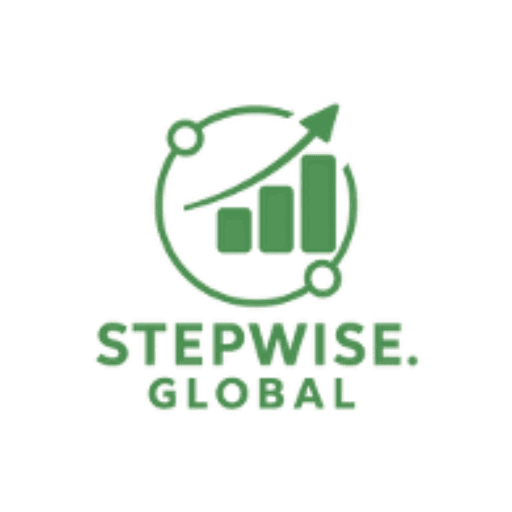Kalle reflects on the Naturalistic Fallacy
Strategic Takeaway for Leaders at all Levels Everywhere.
Values and emotions on the one hand, are different from operational knowhow on the other. Values and emotions are personal drivers, science is helpful when it comes to the next step of clever action. So, confusing the two by believing that science can tell us what we want to do, is a flaw named The Naturalistic Fallacy. Consequently, keeping the two apart is a well-informed attitude. Having said that, learning the science of how to reach a complex goal in a complex system, for instance how to cure cancer or un-sustainability, is an often-underestimated source also of enthusiasm for wanting to do it. In a reinforcing cycle. So values and wants are different from operational skills, but they are still in contact with each other, like communicating vessels. The flow in between may be disturbed by strong adjectives and bombastic terms.
More in detail: Our inner driving forces, for example a drive to save nature and civilization because we love those things, or paint sustainable futures such that we begin longing for them (nudging), is often used in sustainability campaigning.
Science has little to add here. Perhaps except from providing facts on impacts and destruction of nature according to the motto “you don’t miss the cow until the stall is empty”. A lot of the destruction is invisible to our senses, we need science already to recognize that heavy metals are increasing in our bodies, or CO2 is increasing in the athmosphere.
Thinking deeply about how further destruction will ultimately play out, may help to modify also our values, attitudes and wants. A typical example of molding of opinion in this way is all the science around climate change, where scientists gather more and more data on gloomy futures for not tackling this threat to civilization and nature in time. And how we all will suffer the consequences.
However, and again, connected as values and know-how may be, we cannot ask science what we want, a flaw of thought named “the Naturalistic Fallacy.” But we may harbor such values and drivers, and/or acquire them from campaigning for instance.
Then we need to ask Design Science for advice on how it can be done. This is since what is desired in this case, is a very complex task in a very complex system. Any design-effort of high complexity, will fail if we try it without a robust foundation for the operational task. We need an operative system that is systemic (covering everything for the operational task), systematic (structuring processes around the operational task) and strategic (showing how competent structuring of such processes serves an enlightened self-interest of values as well as bottom lines economically, from the beginning and throughout transitions).
Finally, there is an important caveat here. If we want to convey operational facts, and then come across as “religious”, or “sectarian” in our communications, it does not rarely have the opposite effect to what we want to achieve namely to inspire others. The mistake is all too easy to make, even if we understand what the Naturalistic Fallacy is.
Values and emotions belong to the personal sphere. And are not the least valuable when people are to co-create across values and cultures founded in shared mental models built from facts. Such co-creation becomes powerful not the least because agreements are tested and empowered across different values and cultures. So, to not pollute personal spheres of others with ones own, it may be wise to avoid very strong adjectives, or terms like “always”, “guaranteed”, “must” and rather use terms like “often”, “can” and “may”. That way of communication allows the strong adjectives and terms to evolve within the listener. The attitude of strong and validated evidence packaged in a low-key dressing may result in inner reactions like “wow, isnt it always like that”?
Appealing to people’s natural values to mobilize sympathy and a will to be of help is an art. Likewise, the providing of operational knowhow to create “aha’s” in stimulating ways, is an art too. They are mutually beneficial for as long as they are not confused with each other.
The FSSD Global platform is there to assist leaders at all levels, practices and scales to systemically, systematically and strategically ask the right questions beyond values and drivers. And then, based on this shared mental model, allow for communies to intelligently co-create the answers, across sectors, and cultures. It is inclusive and non-prescriptive.
All hot topic Reflections are direct consequences of our Operative System.
For a deeper dive into the science behind the Operative System that informs all Reflections, see the peer-reviewed Open-Source paper with all its references: doi.org/10.1002/sd.3357. For the full title, see footnote below.
Or, for concluding reflections, practical insights and training, click on “Kalle Reflects” to see all reflections.
If you need any further advice, perhaps getting some further references, please send a question to us from the homepage.
Footnote: Broman, G. I., & Robèrt, K.-H. (2025). Operative System for Strategic Sustainable Development―Coordinating Analysis, Planning, Action, and Use of Supports Such as the Sustainable Development Goals, Planetary Boundaries, Circular Economy, and ScienceBased Targets. Sustainable Development, 1C16.

